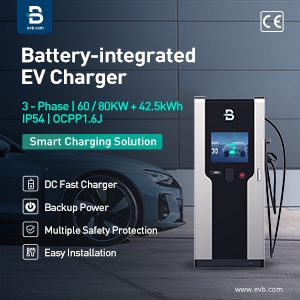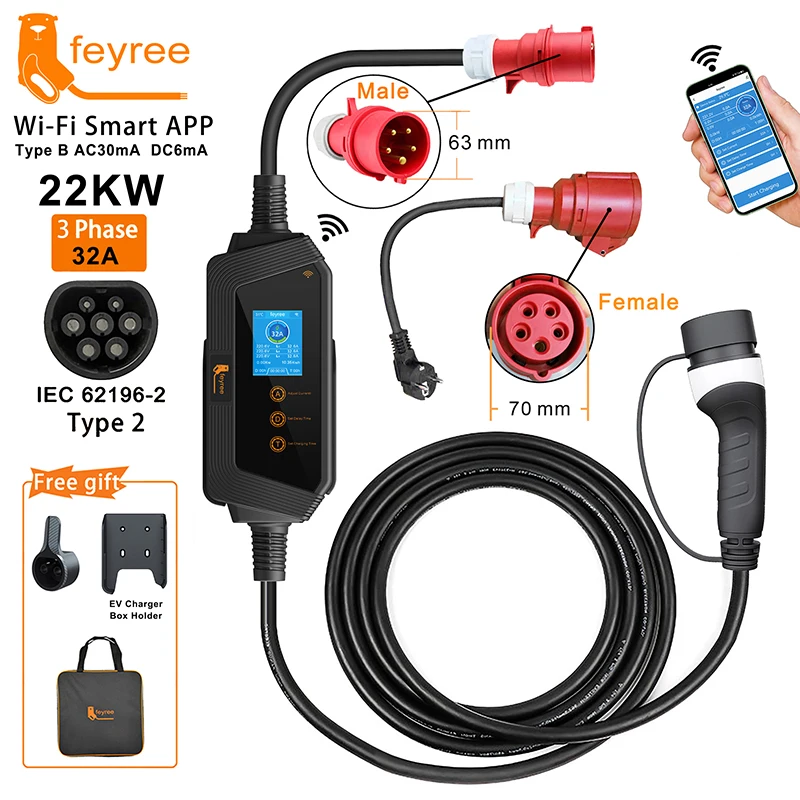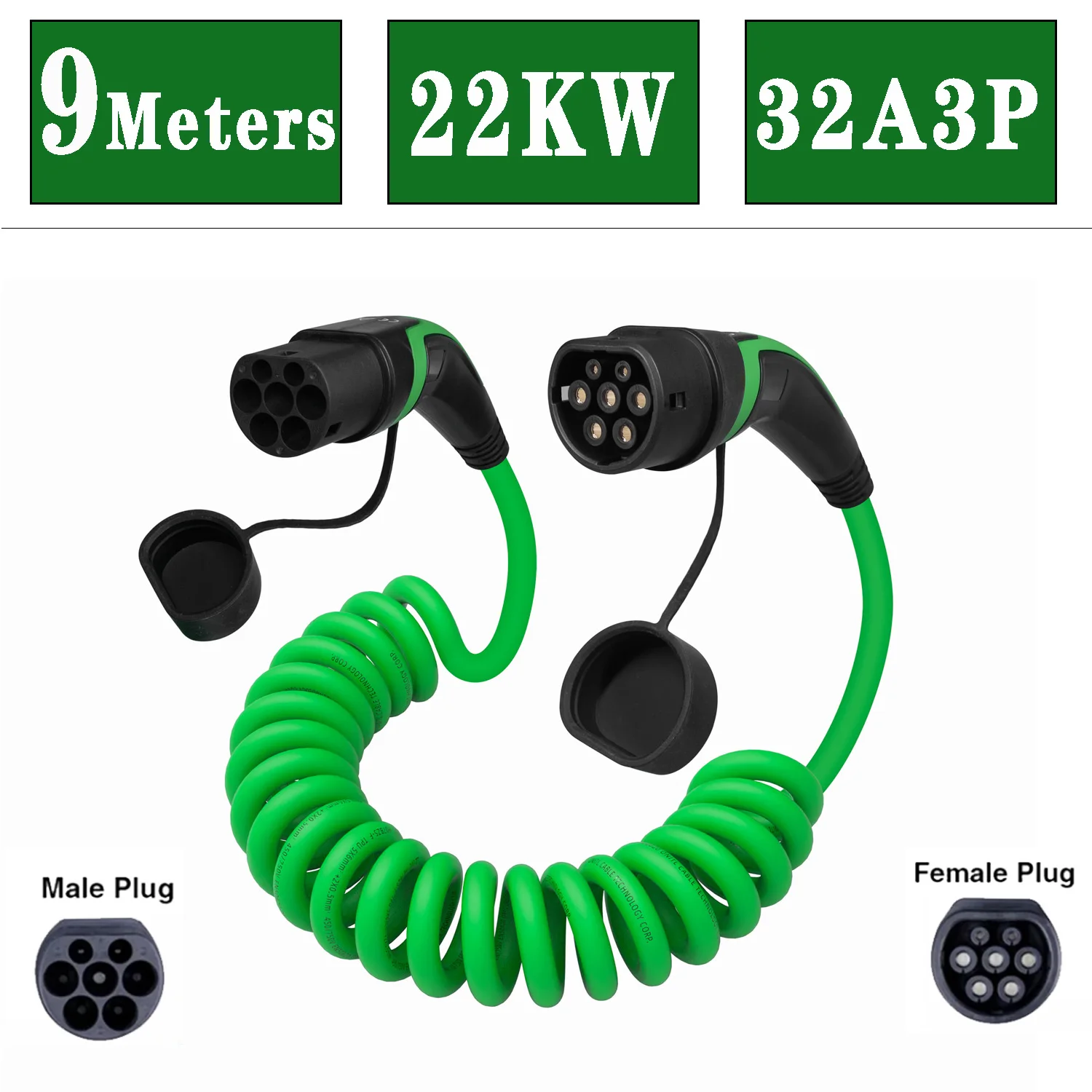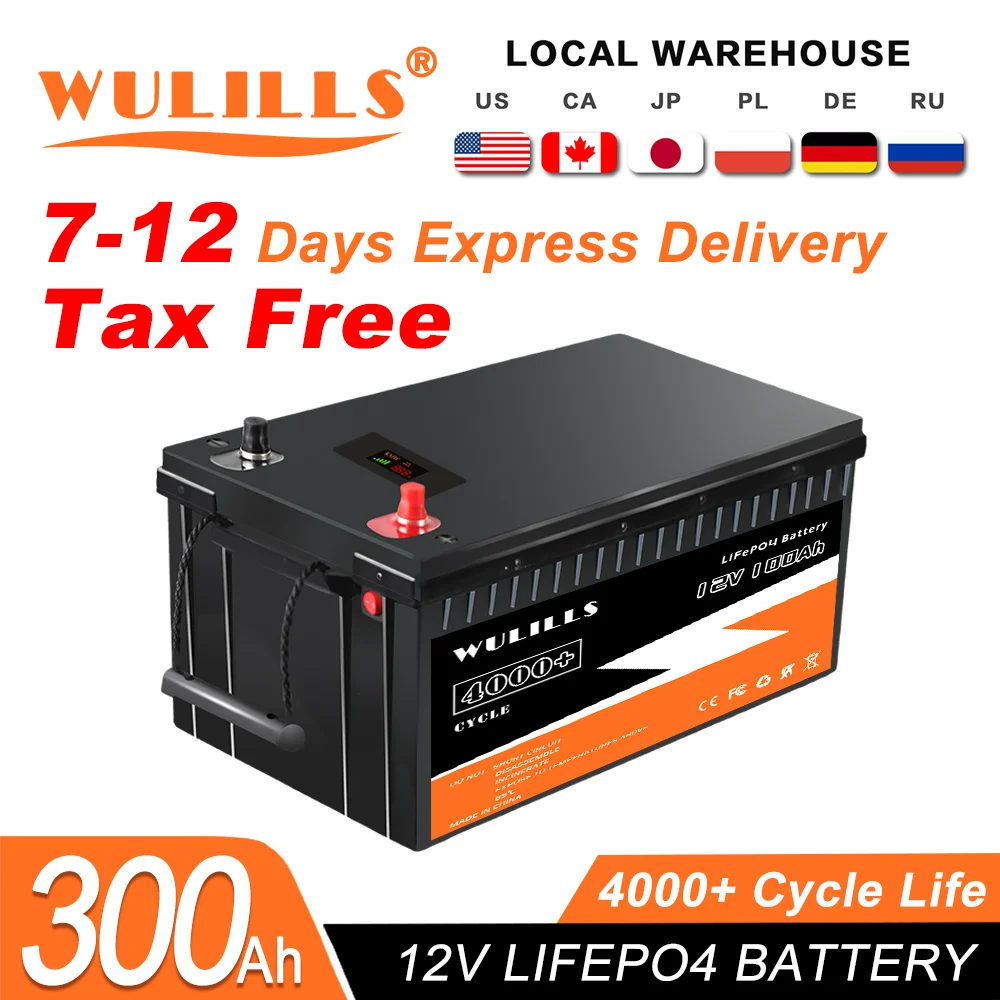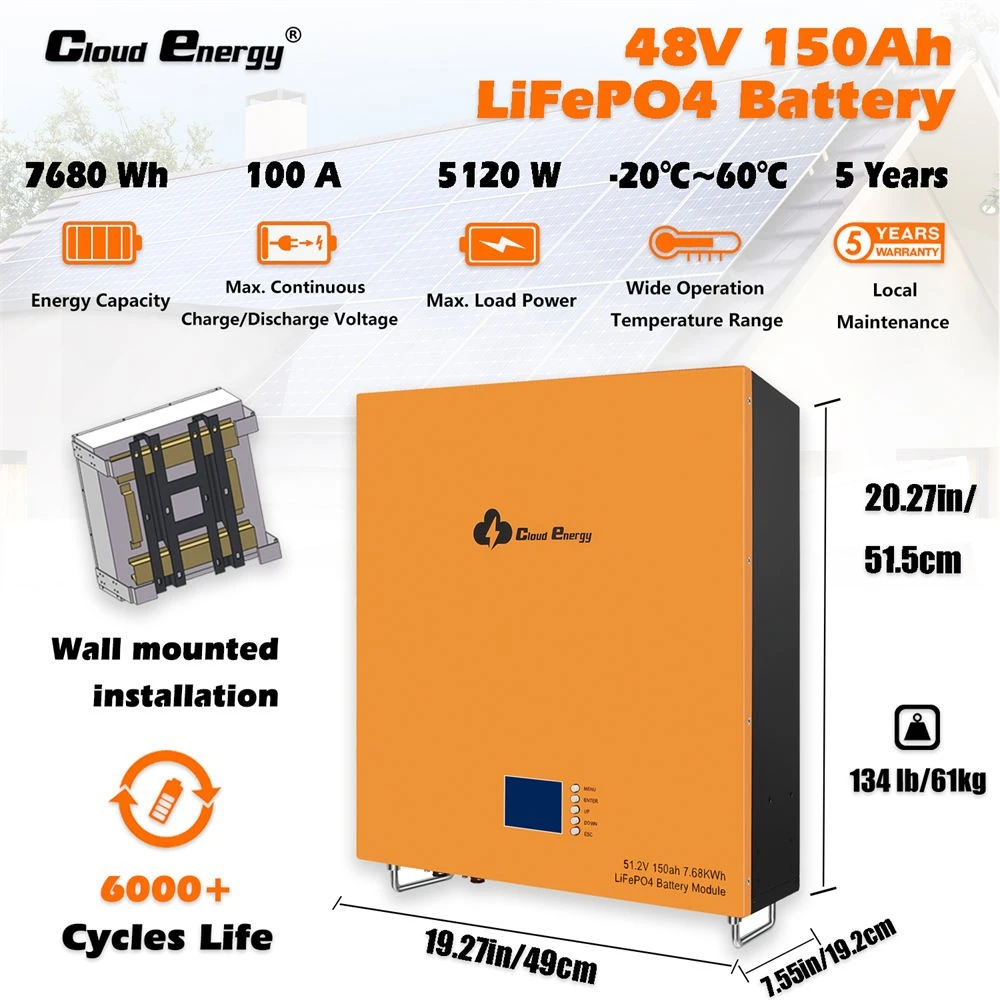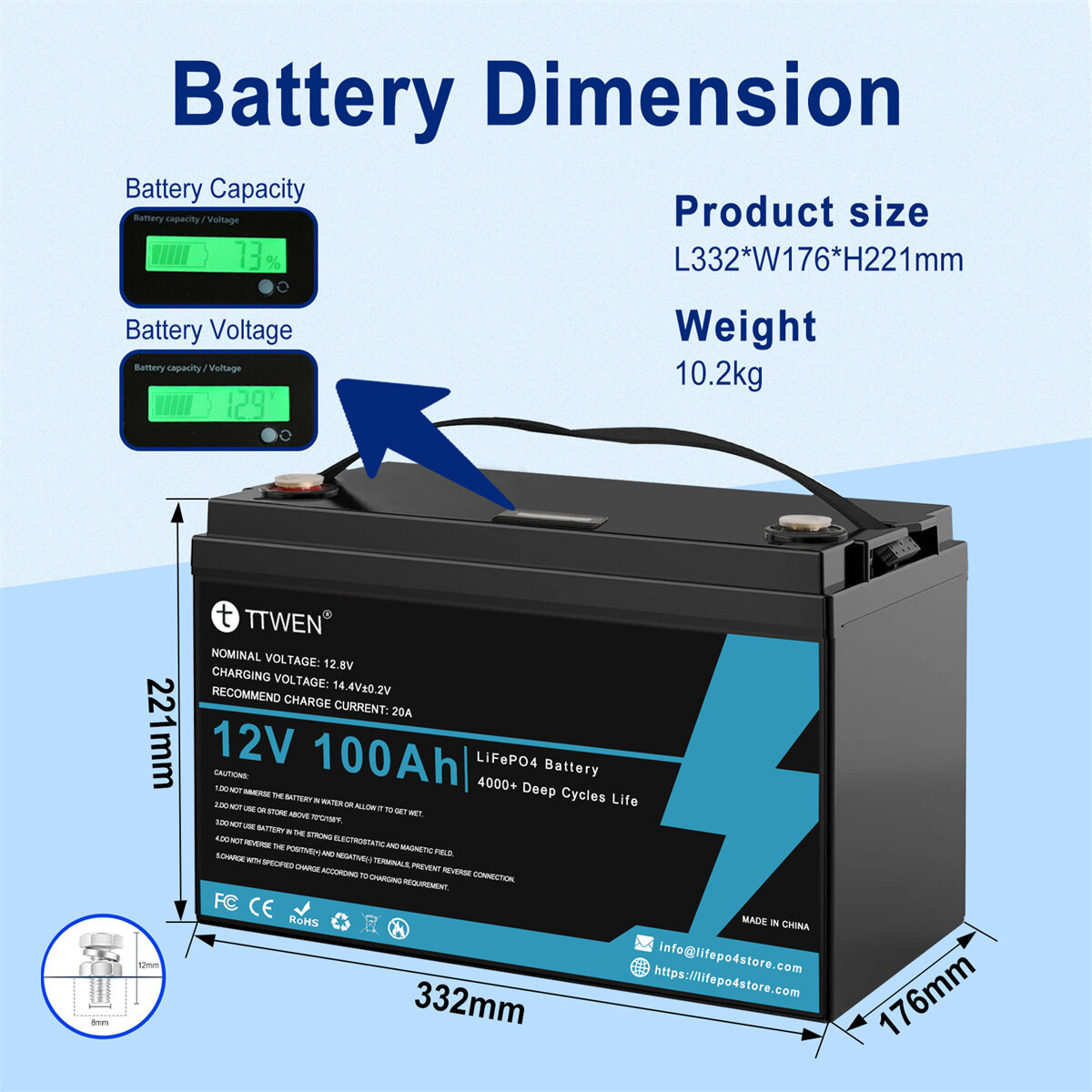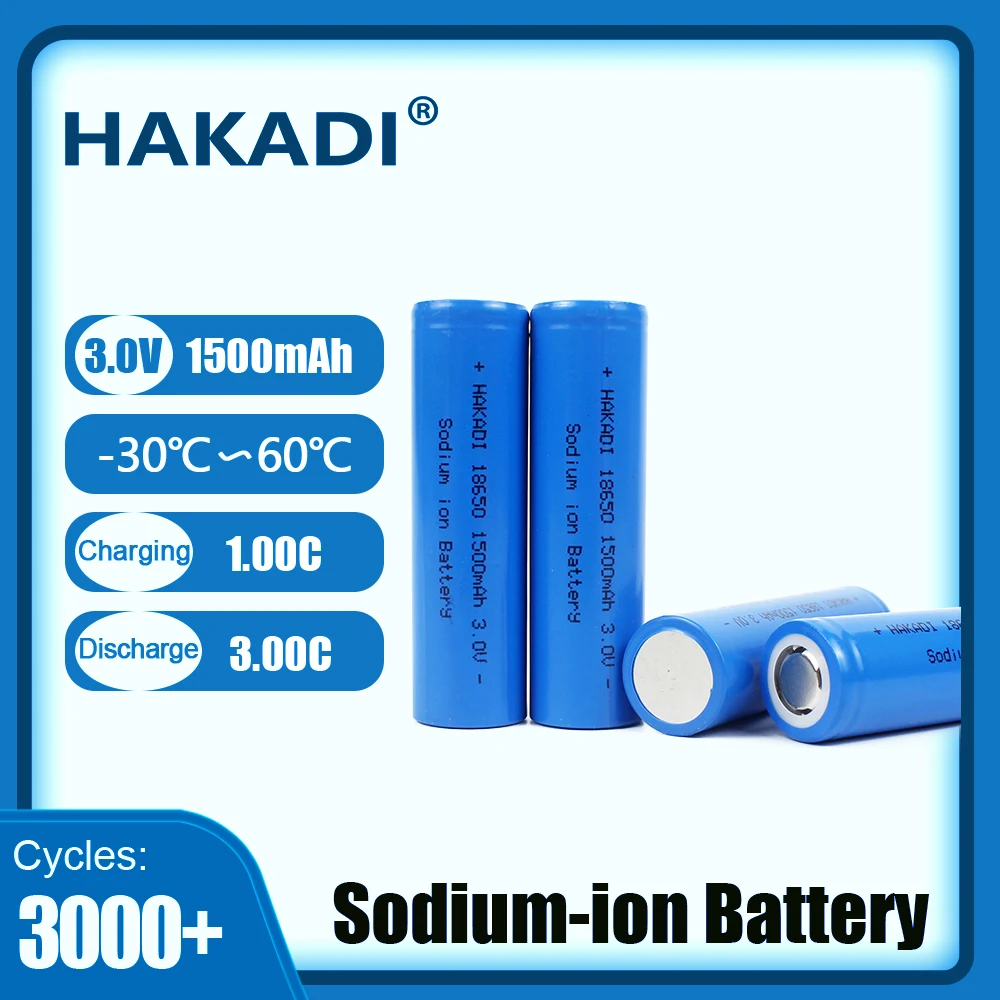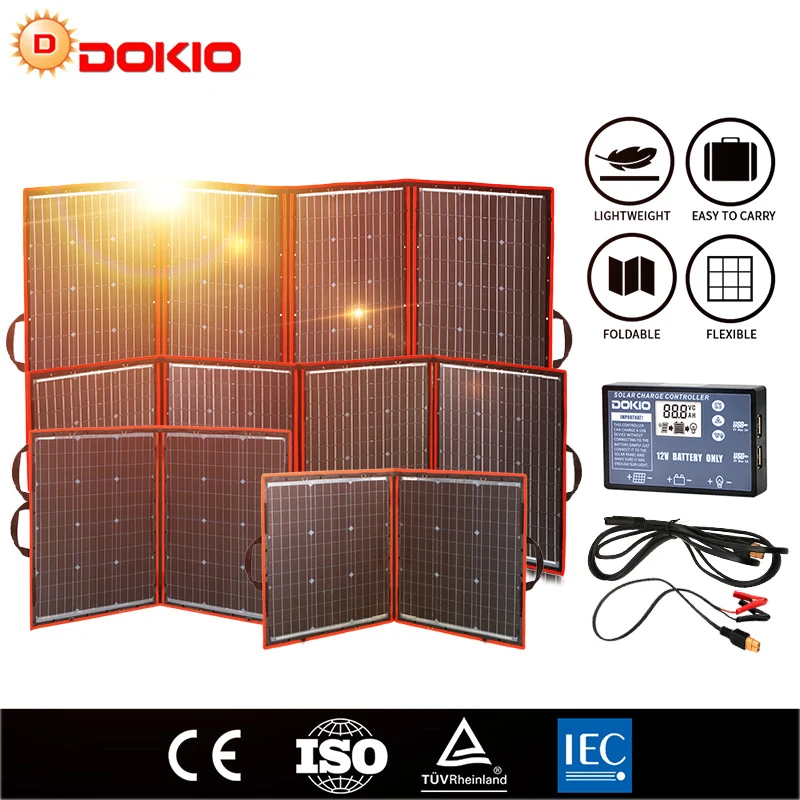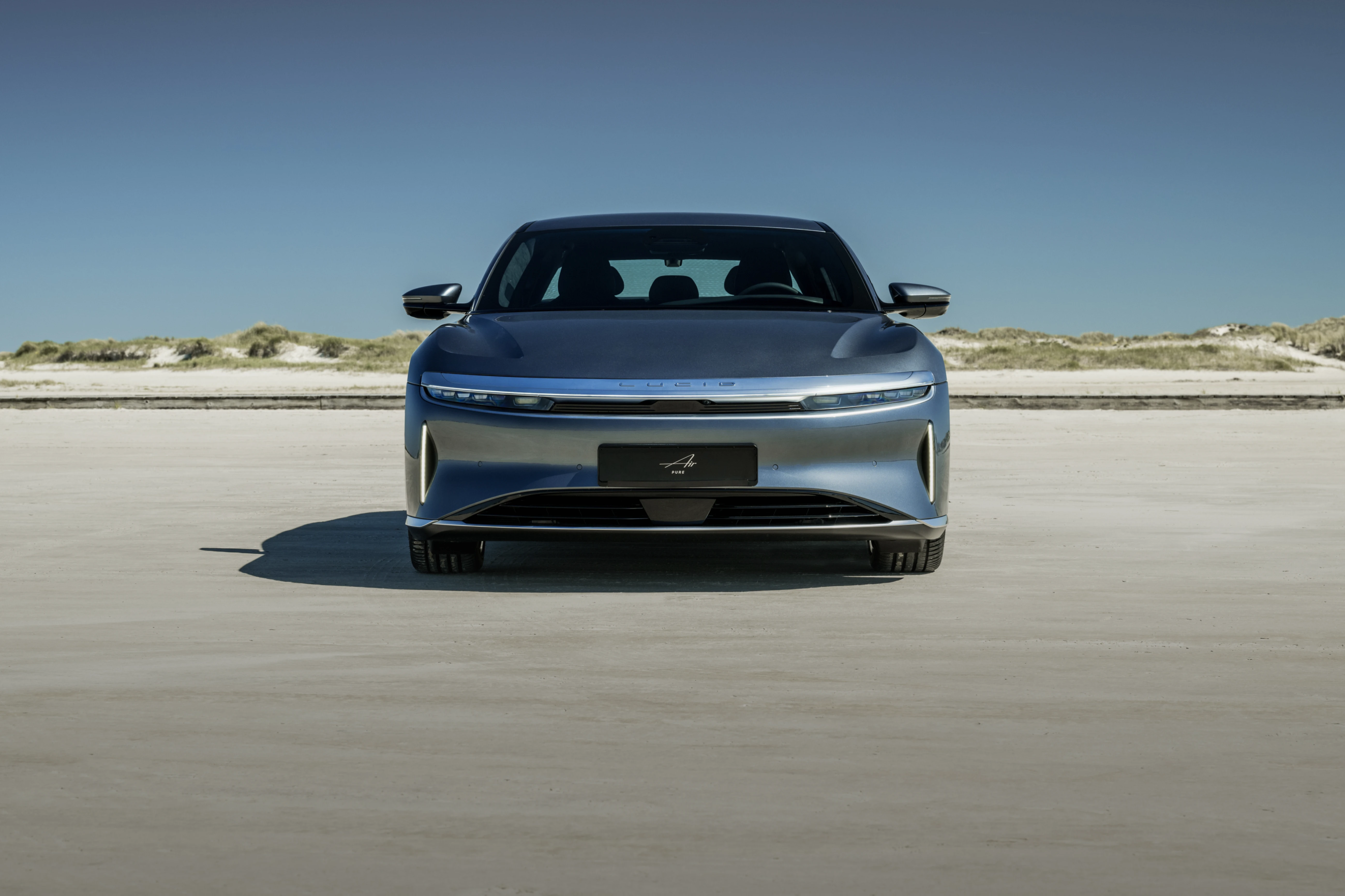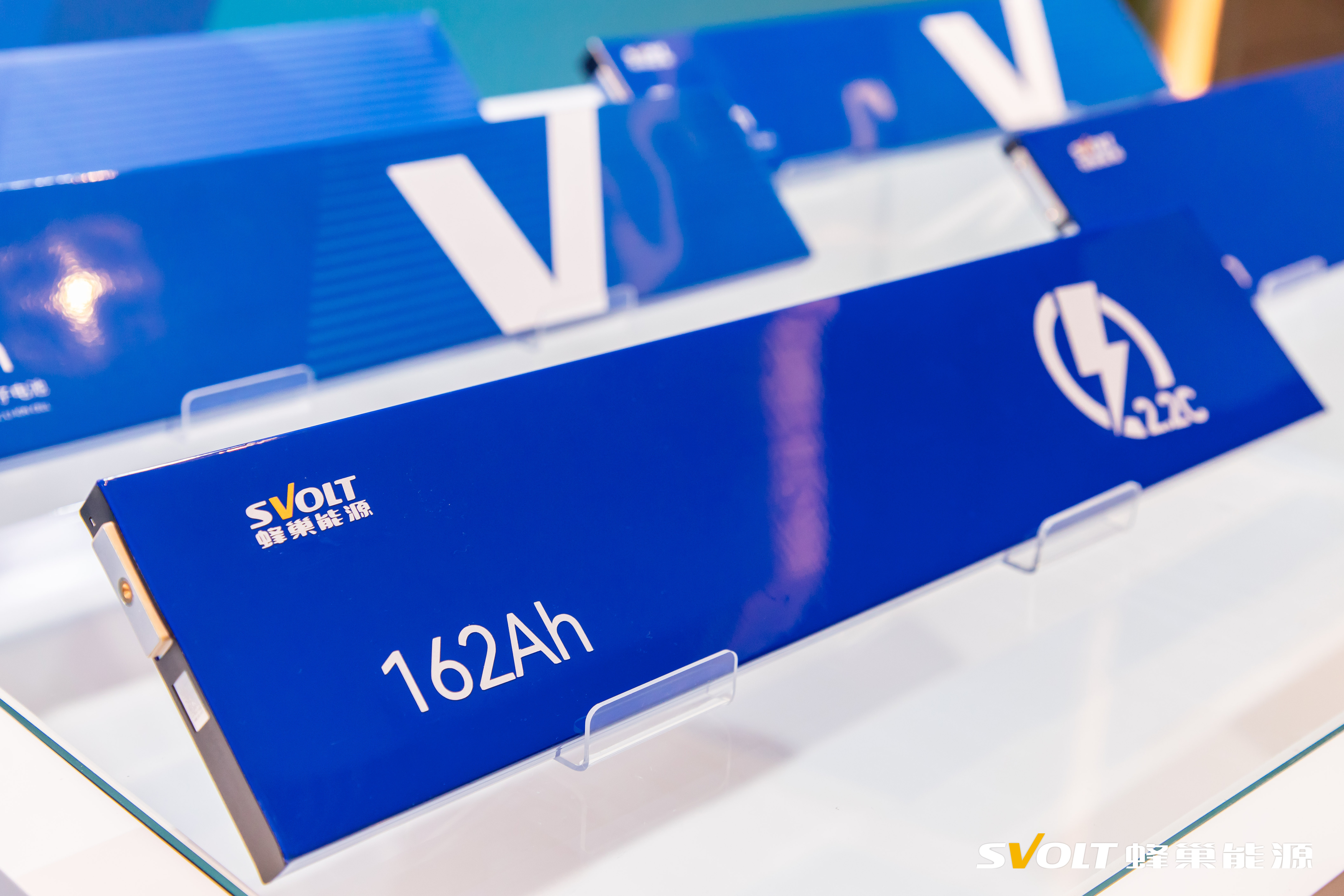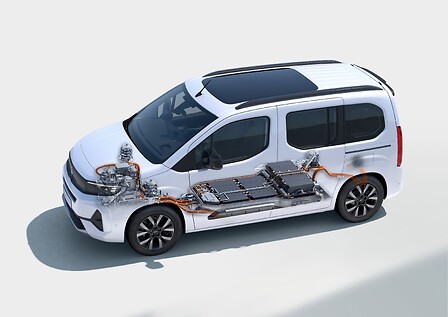The 2018 Nissan Leaf battery - like all previous versions - uses a 96s2p cell configuration, this means that in total there are 192 cells in the battery pack. However, the battery cells now have a much higher energy density.
In the Nissan Leaf, each battery pack has 24 modules and each module has 8 cells. Originally, the Nissan Leaf was launched with double the modules. The 24 kWh battery in the 2011 Nissan Leaf had 48 modules, each module with 4 cells. However, when Nissan released the 30 kWh battery, the number of modules was reduced to half - to further increase the energy density of the battery pack. If you look at the new battery module below you’ll see that it seems 2 old modules stuck together…

Moving on…
Now we can calculate the new battery real capacity:
- 192 x 3,65 V x 56,3 Ah = 39,46 kWh
And compare it to the original battery pack in the 2011 Nissan Leaf.
- 192 x 3,75 V x 32,5 Ah = 23,4 kWh

The energy density of 460 Wh/L (volumetric) and 224 Wh/kg (gravimetric) is pretty impressive for a NCM 523 battery cell. It would be great to see AESC develop NCM 811 cells to compete with SK innovation and LG Chem.
Anyway, I’m a bit disappointed with the battery real capacity, because for a while now the inside information was that Nissan - with the new battery - would start advertising the usable capacity, as others have been doing. In fact, that’s what Nissan says that is now doing - as we can see in the video below -, but the numbers don’t add up…
Now you know that the 2018 Nissan Leaf has a battery with a rated capacity of 39,46 kWh. This is under normal conditions and can be affected by temperature or C-rate.
More info:


















